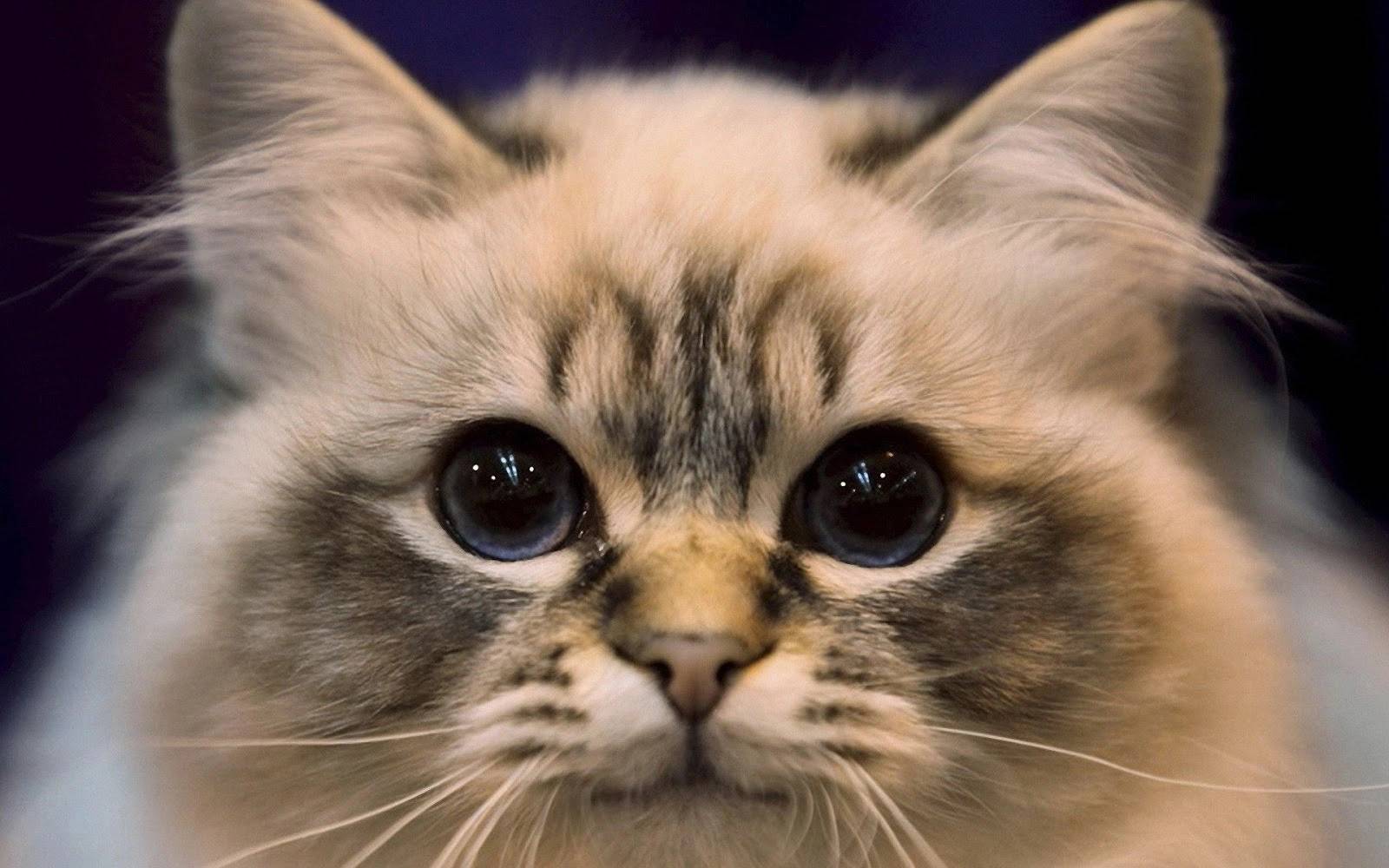Subscribe to wiki
Share wiki
Bookmark
Cute Cats 2
We've just announced IQ AI.
Cute Cats 2
Cats, known for their adorable appearance and charming personalities, are one of the most popular pets worldwide. These small, furry mammals have captivated humans with their independent nature, playful antics, and affectionate behavior, making them beloved companions in millions of households.
Overview
Domesticated cats (Felis catus) belong to the family Felidae and are believed to have descended from the African wildcat (Felis silvestris lybica). These carnivorous mammals have been living alongside humans for thousands of years, initially valued for their ability to control rodent populations. Over time, cats have evolved from mere pest controllers to cherished family members, prized for their companionship and endearing qualities.
Cats are known for their agility, keen senses, and predatory instincts. They possess retractable claws, excellent night vision, and a highly developed sense of smell and hearing. Their bodies are flexible and muscular, allowing them to perform impressive acrobatic feats. Cats communicate through a variety of vocalizations, including meows, purrs, and hisses, as well as body language and scent marking.
History as Pets
The domestication of cats is believed to have begun around 10,000 years ago in the Near East, coinciding with the development of agriculture. As humans began storing grain, they inadvertently attracted rodents, which in turn drew wild cats to human settlements. This mutually beneficial relationship gradually led to the domestication of cats.
Key milestones in cat domestication history:
- Ancient Egypt (c. 3100 BCE): Cats were revered and even worshipped, as evidenced by cat mummies and depictions in art.
- Middle Ages: Cats faced persecution in Europe due to superstitions but remained valued for pest control.
- 19th century: Cat breeding for specific traits began, leading to the development of various pedigree breeds.
- 20th century: Cats surpassed dogs as the most popular pet in many countries.
Popular Breeds
While many cats are mixed-breed or "domestic shorthair/longhair," there are numerous recognized pedigree breeds. Some popular cat breeds include:
- Persian: Known for their long, luxurious coats and flat faces.
- Maine Coon: Large, friendly cats with tufted ears and bushy tails.
- Siamese: Sleek, vocal cats with distinctive color points.
- British Shorthair: Round-faced cats with plush, dense coats.
- Ragdoll: Large, semi-longhaired cats known for their docile temperament.
- Bengal: Spotted or marbled cats with a wild appearance.
- Scottish Fold: Characterized by their folded ears and round faces.
Characteristics and Behaviors
Cats exhibit a wide range of behaviors that endear them to their human companions:
- Independence: Cats are generally self-sufficient, able to groom themselves and use a litter box.
- Playfulness: They enjoy interactive play, often pouncing on toys or chasing laser pointers.
- Affection: Many cats show affection through purring, kneading, and seeking physical contact with their owners.
- Curiosity: Cats are naturally inquisitive, exploring their surroundings and investigating new objects.
- Hunting instincts: Even well-fed house cats may exhibit predatory behaviors.
- Sleep patterns: Cats are crepuscular, meaning they are most active during dawn and dusk.
Dr. John Bradshaw, a cat behavior expert, notes: "Cats have not been domesticated for as long as dogs, and they're not as reliant on people for their social needs. This means they are more likely to retain some of their wild behaviors."
Role in Popular Culture
Cats have left an indelible mark on popular culture, appearing in various forms of media and art:
- Literature: From T.S. Eliot's "Old Possum's Book of Practical Cats" to the Cheshire Cat in "Alice in Wonderland."
- Film and TV: Iconic cats include Garfield, Tom from "Tom and Jerry," and the Aristocats.
- Internet culture: Cat memes and videos dominate social media platforms.
- Art: Cats have been subjects in art throughout history, from ancient Egyptian sculptures to modern-day paintings.
Why Cats are Adored
Several factors contribute to the widespread adoration of cats:
- Low-maintenance companionship: Cats are relatively easy to care for compared to some other pets.
- Stress relief: Petting a cat has been shown to lower stress levels and blood pressure.
- Adaptability: Cats can thrive in various living situations, from small apartments to large houses.
- Quiet nature: They are generally less noisy than dogs, making them suitable for urban living.
- Unique personalities: Each cat has its own distinct character, providing endless entertainment and companionship.
Caring for Cats
Proper care is essential for maintaining a cat's health and happiness:
- Nutrition: Provide a balanced diet appropriate for the cat's age and health status.
- Healthcare: Regular veterinary check-ups, vaccinations, and parasite prevention are crucial.
- Environmental enrichment: Offer scratching posts, toys, and climbing structures to keep cats mentally and physically stimulated.
- Grooming: While cats groom themselves, regular brushing can help reduce hairballs and strengthen the human-cat bond.
- Litter box maintenance: Clean the litter box regularly and provide an appropriate number of boxes for multi-cat households.
Dr. Jane Brunt, executive director of the CATalyst Council, emphasizes: "Preventive care is key to keeping cats healthy. Regular veterinary visits, even for indoor cats, can help detect and prevent health issues early."
Health Considerations
Common health issues in cats include:
- Dental disease
- Obesity
- Urinary tract infections
- Feline leukemia virus (FeLV)
- Feline immunodeficiency virus (FIV)
Spaying or neutering cats is recommended to prevent unwanted litters and reduce the risk of certain health problems.
In conclusion, cats continue to captivate humans with their unique blend of independence and affection. Their adaptability, low-maintenance nature, and endearing qualities have secured their place as one of the world's most beloved pets. Whether lounging in a sunbeam or playfully chasing a toy, cats bring joy and companionship to millions of households worldwide.
See something wrong?
